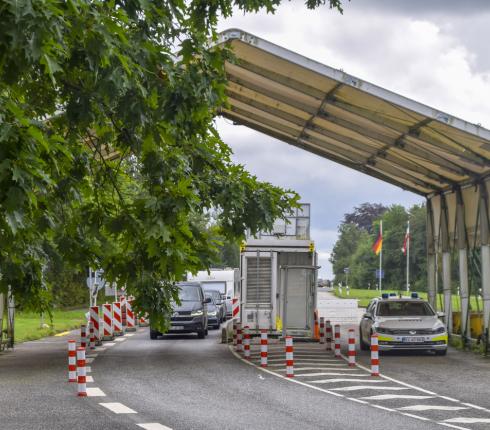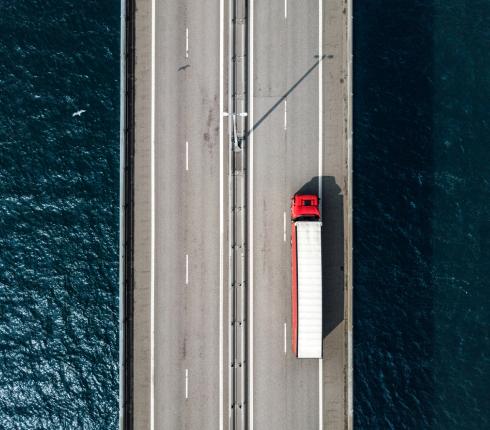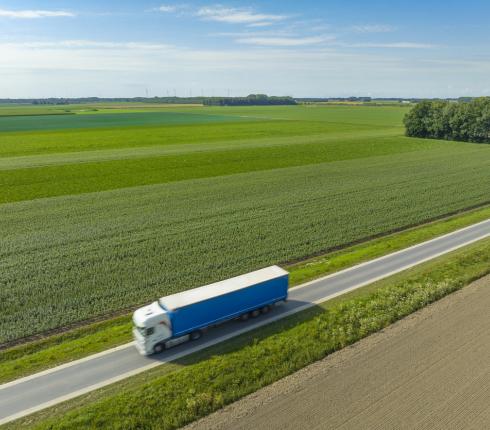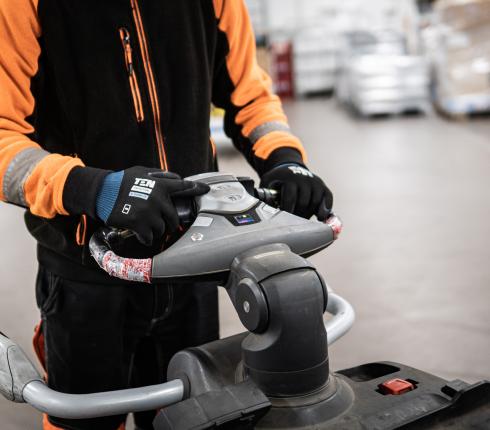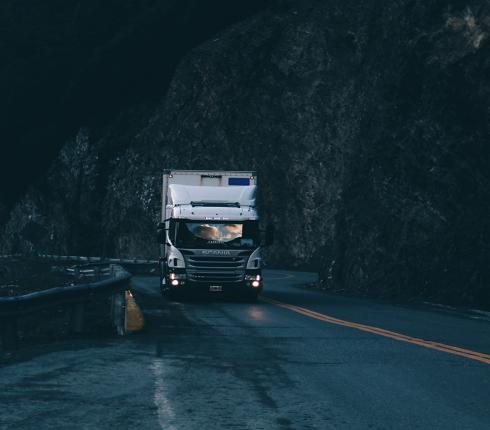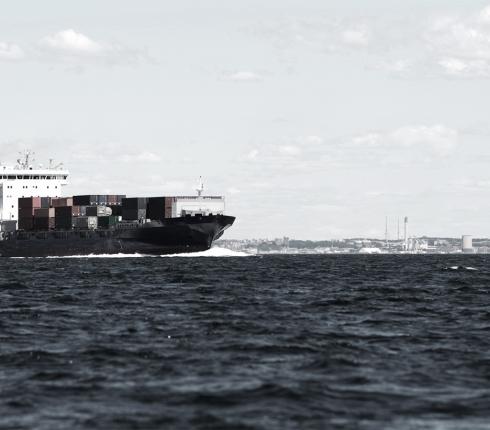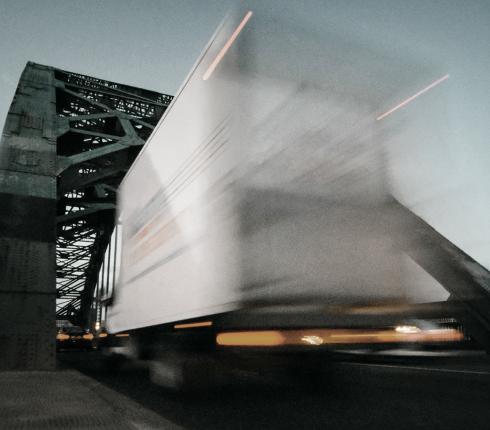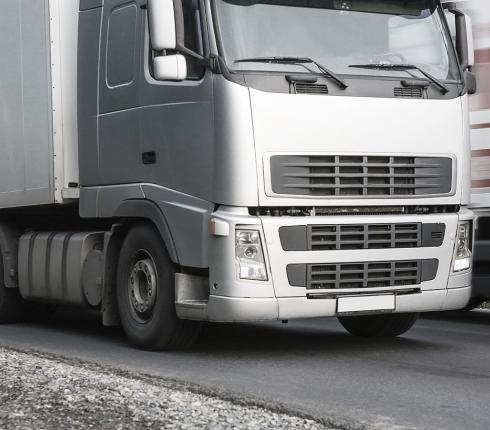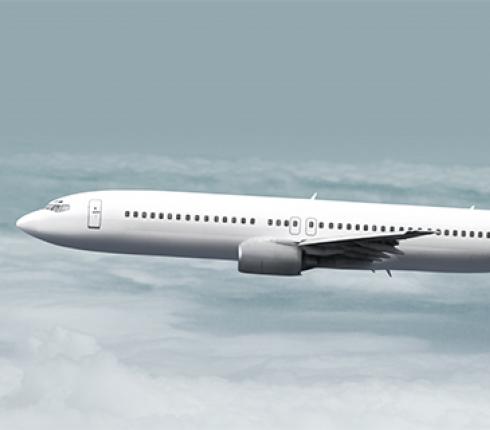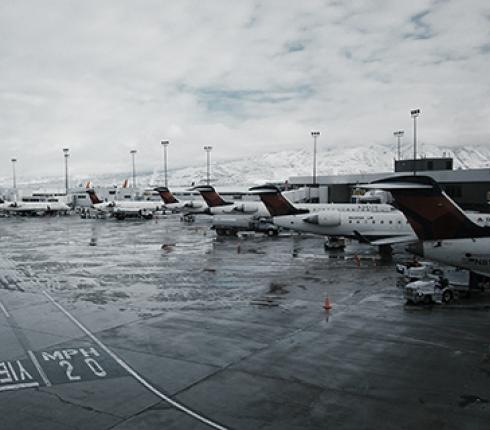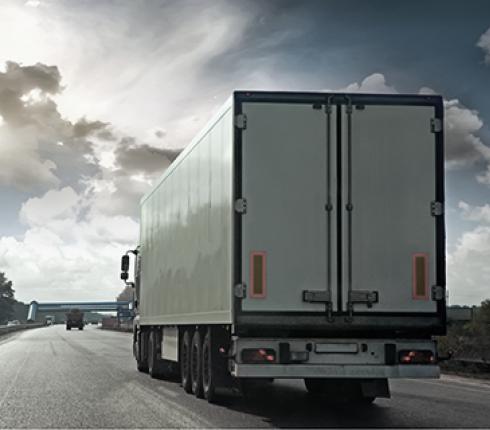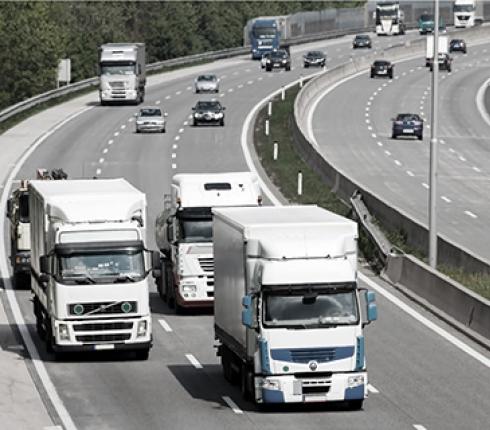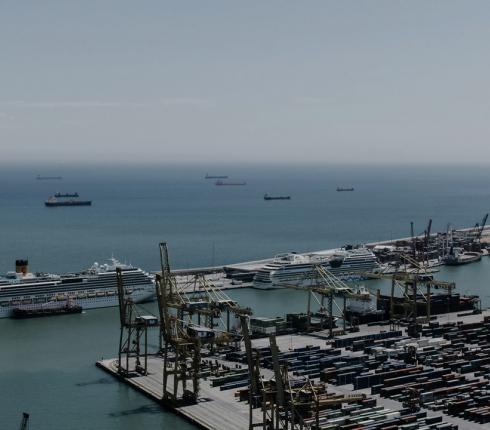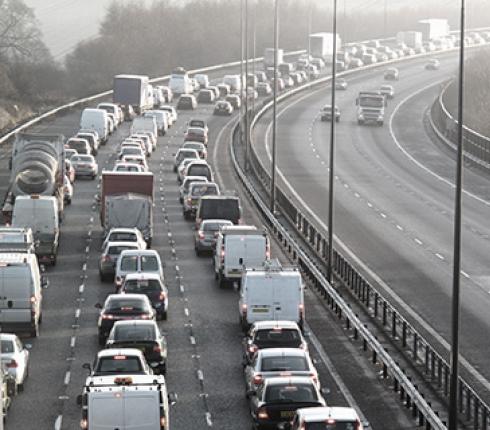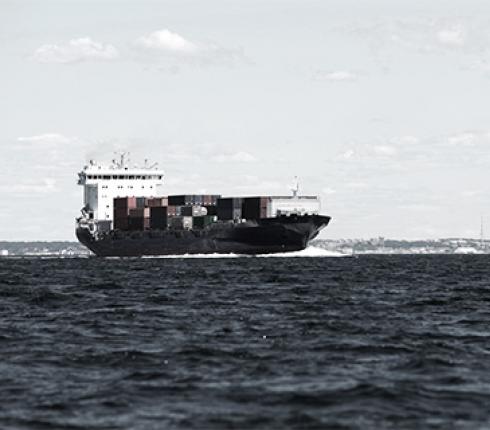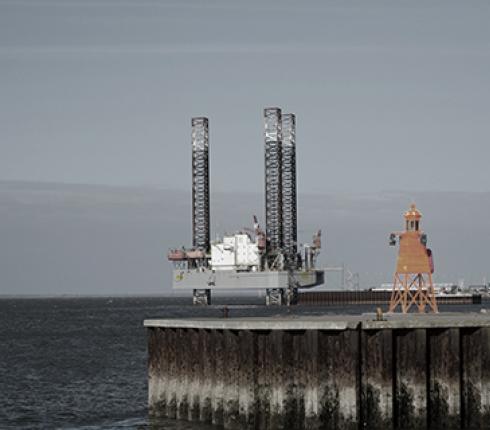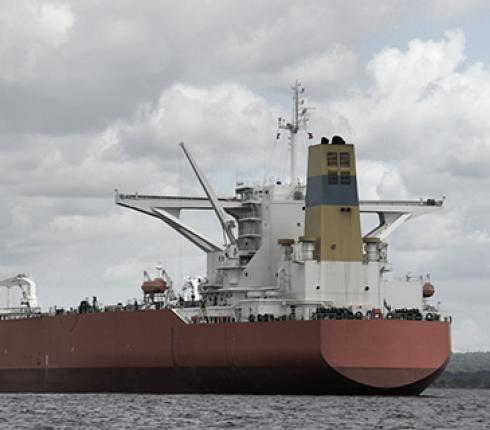Cabotage: European Commission upholds NJORD's view of return pallets and other packaging
A long-standing dispute over Denmark's interpretation of EU cabotage rules has finally been settled. The European Commission has stated that Denmark's interpretation of the cabotage rules in relation to return pallets and other packaging does not comply with EU law.

The dispute over return pallets and other packaging
The rules on cabotage are laid down in EU Regulation 1072/2009, most recently amended by EU Regulation 1055/2020, which enters into force on 21 February 2022. These rules regulate the right of foreign carriers to carry out national carriage for hire or reward carried out on a temporary basis in a host Member States. In connection with an incoming international carriage operation, a foreign carrier may carry out up to 3 cabotage operations within 7 days of delivering all goods by incoming international carriage.
However, in relation to incoming international carriage and subsequent cabotage operations, Denmark has adopted a different definition of the concept of the carriage of goods; carriage of goods in one respect does not correspond to carriage goods in another respect.
The Danish Road Traffic Authority's cabotage guidance states that the transport of empty containers and return packaging (pallets, flower cages or the like) into Denmark does not allow cabotage to be carried out if it is not a carriage of goods for which freight is earned.
Conversely, the cabotage guidance states that in Denmark, the transport of empty containers, empty semi-trailers, and return packaging (pallet, flower cages or the like) by foreign carriers is considered carriage of goods and, therefore, counts as cabotage operations.
Thus, Denmark has adopted two different definitions of the concept of carriage of goods, depending on the operation in question. As many carriers load return pallets when unloading goods, this means that the 3 permitted cabotage operations are used up relatively quickly, as a cabotage operation alone can involve either of several loading points, several delivery points or several loading and delivery points.
Return pallets are an integral part of general cargo transport, as goods are delivered on pallets. Therefore, when delivering goods on pallets, the carrier is often handed "return pallets" (empty pallets), which are then loaded.
We believe that it is contrary to EU law to equate return pallets with goods, as this indirectly restricts the access of foreign carriers to cabotage operations in Denmark to a greater extent than is provided for in EU Regulation 1072/2009. Likewise, it is difficult to see how pallet exchange can be considered as a carriage of goods in a cabotage context since it is not transport for which freight payment is received. From an environmental point of view, it would also not be appropriate to impede the pallet exchange scheme.
As a defence lawyer
As a defence lawyer for many carriers, we have seen several examples where hauliers are charged with illegal cabotage because of loading return pallets.
The long-standing dispute over Denmark's interpretation of the EU cabotage rules has also given rise to a legal opinion to the European Commission that we have prepared. In response to this legal opinion, the European Commission has now accepted that return pallets cannot be equated with goods when carrying out cabotage operations, unless the transport of pallets constitutes the carriage of goods under a consignment note for which freight payment is received – i.e., the same distinction used for incoming international carriage.
The European Commission
During the implementation of the new Mobility Package, including Regulation 2020/1055, the European Commission has also prepared a guidance on the interpretation of the cabotage rules. The guidance states that return pallets cannot be equated with goods for which they are not the subject of carriage of goods for which the carrier earns freight.
The Guide states:
"When empty container, pallets or packaging are transported with no coverage of a consignment note, that carriage, in principle, should not be considered as a carriage of goods by road for hire or reward.”
The European Commission's response to the legal opinion about the Danish interpretation of the cabotage rules and the latest guidance thus states that Denmark's interpretation of the cabotage rules in relation to return pallets and other packaging is not in accordance with EU law and should therefore be adjusted.
The Danish Road Traffic Authority
Currently, we are awaiting the Danish Road Traffic Authority's updated cabotage guidance. If the Danish Road Traffic Authority does not agree with the European Commission's interpretation of cabotage rules, the issue ultimately falls within the competence of the European Court of Justice.
NJORD's remarks
NJORD's Maritime and Transport department has seen examples of cases where carriers are charged with illegal cabotage because of loading return pallets. Therefore, it will be interesting to see whether the Danish Road Traffic Authority will adapt the Danish interpretation of the cabotage rules in the upcoming cabotage guidance and whether this will give rise to the reopening of cases already decided by the courts.


